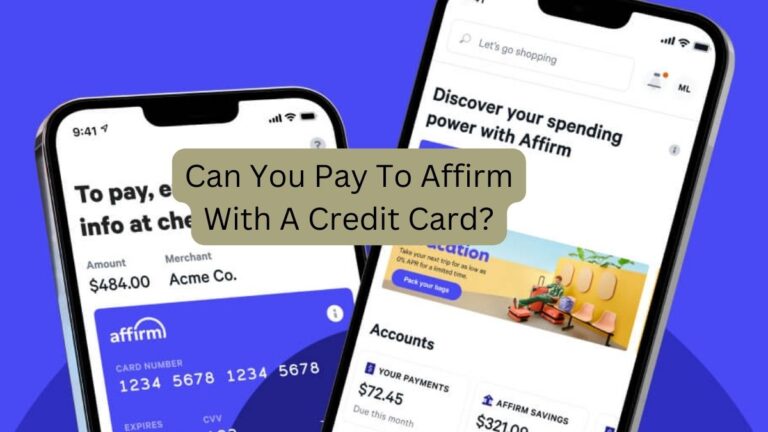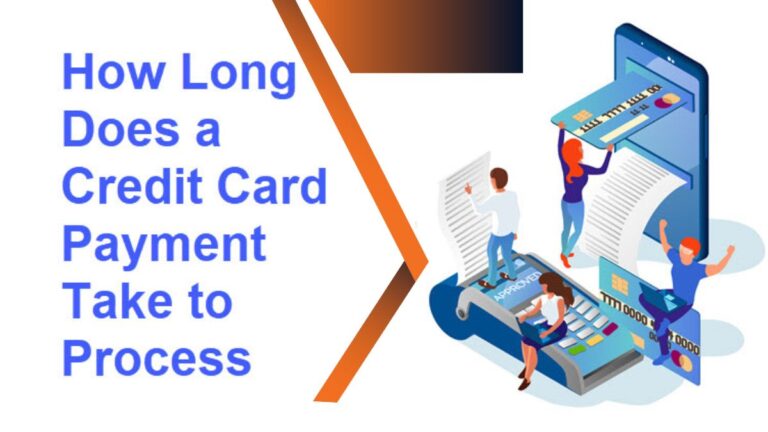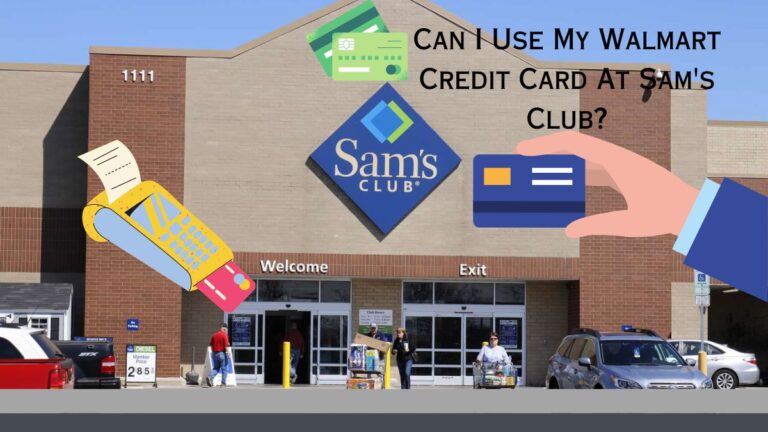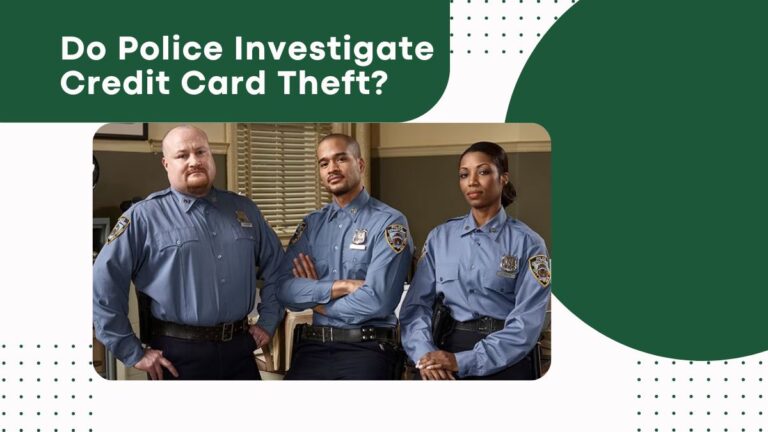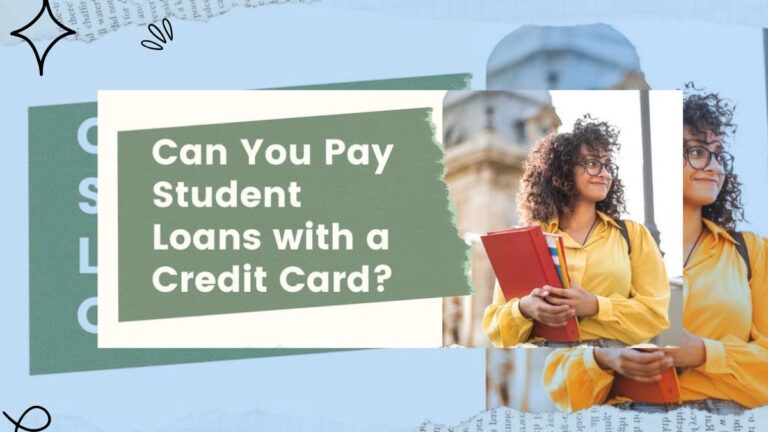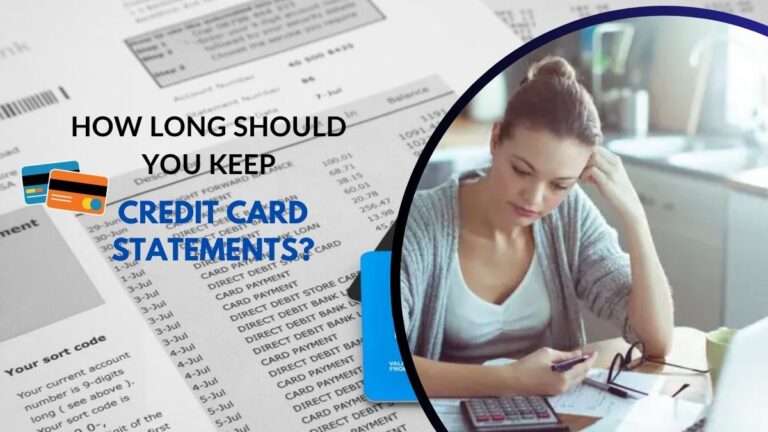Can You Go To Jail For Not Paying Credit Cards?
Are you feeling the weight of credit card debt looming over your shoulders? Worried about the consequences if you can’t make those monthly payments? We’ve all heard horror stories about people being thrown behind bars for financial troubles, but is it really possible to go to jail for not paying your credit cards?
In this blog post, we’ll debunk the myths and shed light on what truly awaits those who struggle with credit card debt. So, grab a cup of coffee, and let’s dive in!
Can You Go To Jail For Not Paying Credit Cards?
There is a big misconception that if you do not pay your credit card bills, you will go to jail. While this is not an official policy of the U.S. government, in general, there are a few methods that creditors can use to collect debt without going through the court system. One way is to sue the person or company that owes money.
Another option is to take legal action against the credit card account itself. If you do not respond to letters or phone calls from creditors, they may take action to have your assets seized. This means that any money you have in bank accounts, homes, or other assets could be taken away by the creditor and turned over to them.
If jail time is something that you are concerned about, it is important to speak with a lawyer first to see if there are any legal strategies available that would prevent you from going to jail.
What Constitutes A Felony?
A felony is a crime that is punishable by imprisonment for more than one year. There are many different types of felonies, and the punishment for each depends on the specific charge. Generally, felonies involve serious crimes against society or against individuals. Some common examples of felonies are assault, robbery, and murder.
It is important to know the difference between a misdemeanor and a felony so you can make an informed decision about your legal options. misdemeanors are less serious crimes that may or may not result in jail time. Examples of misdemeanors include petty theft, public intoxication, and possession of marijuana.
A conviction for a felony can have far-reaching consequences. For example, a felony conviction may disqualify someone from owning firearms or obtaining certain government benefits (like welfare). Additionally, a felony conviction may make it harder to find employment or get loan approval.
If you are charged with a felony, it is important to consult with an experienced criminal defense attorney as soon as possible. An attorney can help you understand the charges against you and explore your legal options.
Who Is Affected By This Law?
The law in question is the Credit Card Payment Protection Act of 2009, which makes it illegal not to pay a credit card bill when you have the available funds. This law applies to anyone in the U.S., regardless of their immigration status. If you are an unauthorized immigrant, this law may be used against you by your creditors.
The law can also impact people who live in states that have adopted similar laws. In these states, it is also illegal not to pay your credit card bill when you have the available funds. If you are found guilty of violating this law, you may face fines and jail time.
What Are The Penalties For Not Paying Credit Cards?
If you don’t pay your credit card bills on time, you may be subject to penalties and interest. Some of the most common penalties include late fees, increased interest rates, and missed payments. If you’re caught not paying your credit card bill, the creditor may take legal action to collect the debt. In some cases, this may result in criminal charges.
The consequences of not paying a credit card bill can be serious, so it’s important to understand your rights and responsibilities when it comes to debt payments. If you have questions about whether you’re eligible for relief from debt payments or how to pay off your debt in a responsible way, speak with an experienced bankruptcy attorney.
Conclusion
In the United States, credit card companies are some of the most powerful financial institutions in the world. Not only do they have a monopoly on the market, but they also wield tremendous power over consumers by forcing them to pay off their outstanding balances even if they can’t afford to.
In extreme cases, people who refuse to pay their credit card bills can end up behind bars. However, this isn’t always the case and it’s important to understand your legal rights before getting caught in a debt trap. If you are struggling with debts that you simply cannot afford to repay, reach out for help.
There is no shame in asking for assistance from a professional organization like Credit Counseling America or Debt Free Now. They can provide you with resources and advice that will help you get back on track and finally free yourself from those crushing debts.
